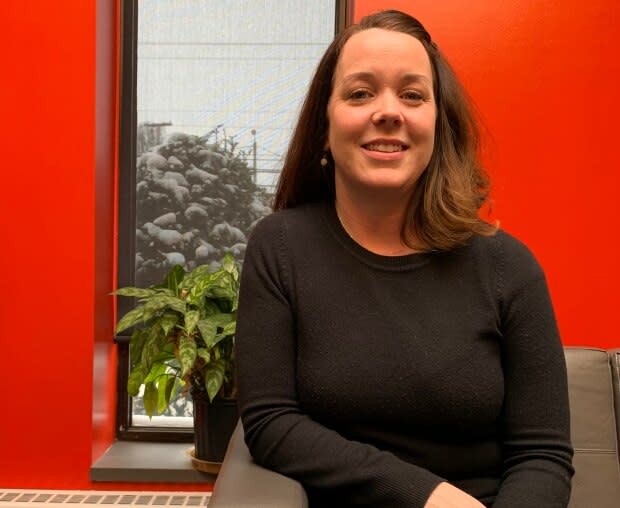New sexual health curriculum being piloted in P.E.I. schools
Island teachers from Grades 1-3 and seven to nine are piloting a new sexual health curriculum this year.
In the pilot, students are introduced to sexual intercourse, contraception and sexually-transmitted, blood-borne infections in junior high.
The province says the new curriculum updates what students are learning in the age of social media.
"With the rapid growth and widespread adoption of technology and social media, people are learning and communicating about sexuality very differently," said Maribeth Rogers-Neale, K-12 physical education and health curriculum leader with the Department of Education.
Students will be taught things such as how to find reliable sources of information online about health and sexuality, she said.
"We know our students are Googling this or that, they may be referencing porn as how to have sex which we know is not adequate or real or healthy for our learners."
Rogers-Neale said students need to be steered away from doing that.
Learning about consent
With the new curriculum, students start learning about sexual health in Grade 1, including consent, in a non-sexual context.

"Consent and going back to skills to build, you know, how to have refusal skills, how to obtain consent, how to give consent in many aspects," she said.
There are also updates to the program around diversity of sexuality and gender expression, Rogers-Neale said.
"We need to also provide our educators with resources and evidence-based approaches with delivering this content."
The way sexual education was taught in the past, the onus was put on heterosexuality and the risks of getting pregnant and there are some learners who don't see themselves in that learning, she said.
"They need to know more that is relative to the way they identify either through gender or sexuality."
Updates ongoing
The updates regarding gender identity and members of the LGBTQ community are still ongoing.
"It's not something I think we will ever say 'Oh we know everything,' we need to continue and always be aware of anything emerging," Rogers-Neale said.
They may be referencing porn as how to have sex which we know is not adequate or real or healthy. — Maribeth Rogers-Neale
People want to see themselves represented when it comes to sexual education, she said.
"Perhaps if they are transitioning their gender they have the right to be identified with the gender they identify with."
Gender is complex and it can be fluid and it's about respecting individual rights, Rogers-Neale said.
"It's about having some broadly based outcomes to allow for current societal discussion around sexuality."
Rogers-Neale said teaching about sexuality at home is important as well as using community supports.
Officials with the province said the curriculum is being piloted in Grades 1-3 and seven to nine and is expected to be implemented in schools next year — a new curriculum will be piloted in Grades 4-6 next year.
More from CBC P.E.I.

